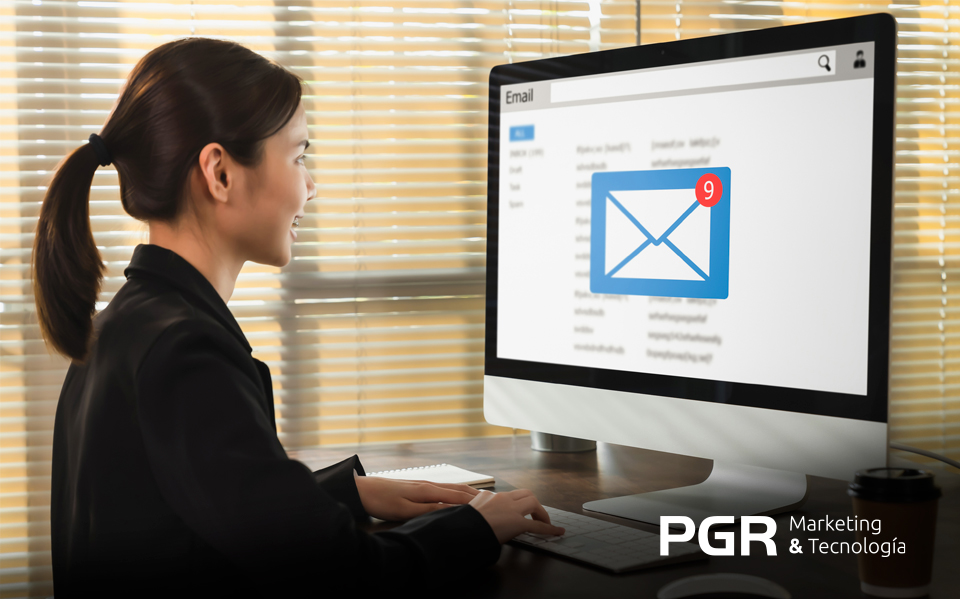
Launching a channel campaign without checking how it performed is like driving with your eyes closed: you’ll never know if you’re heading in the right direction — and worse, you could crash. Measuring this kind of campaign isn’t the same as measuring actions aimed at the end consumer. It’s not just about immediate sales, but also about engagement, loyalty, and strategic value within your distribution network.

The era of B2B marketing is being redefined at an astonishing pace, and the driving force behind this transformation is, without doubt, Artificial Intelligence. AI is no longer a futuristic concept but a tangible tool that is revolutionising how companies identify, attract, convert, and retain B2B customers.

Forget about open rates and clicks for a moment. In digital marketing that truly works, the conversation revolves around one word: profitability. And in email marketing, the eternal battle is between two heavyweights: newsletters and automations.

Picture this: a potential client opens ChatGPT or Gemini and asks which are the best B2B companies, like yours, in Madrid. The AI replies with a detailed list of five businesses. Yours isn’t there… Game Over.

Behind every B2B purchase lies an invisible journey that guides the user from the first contact with a brand to the moment they decide to trust it. This path, known as the customer journey or decision journey, is neither linear nor automatic, but a complex process in which emotion, comparison and expectation play a decisive role in determining whether a lead becomes a client and, eventually, a promoter of the brand.